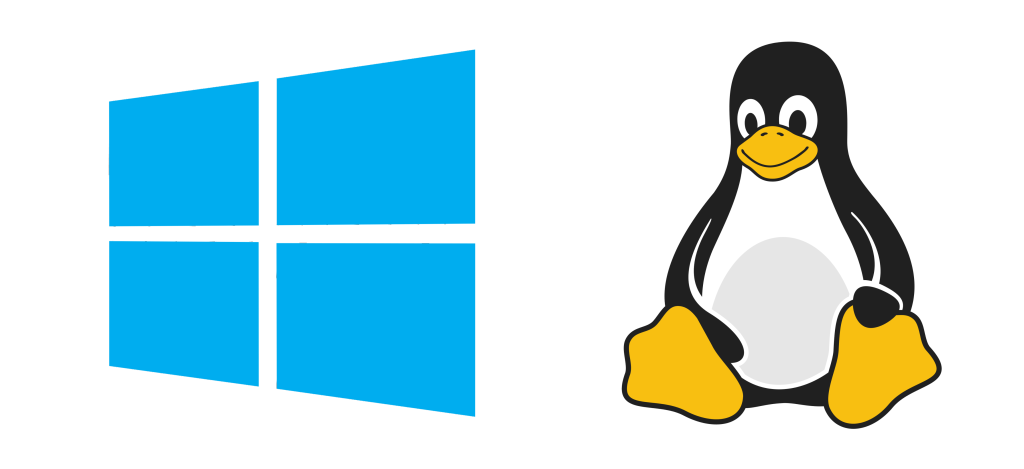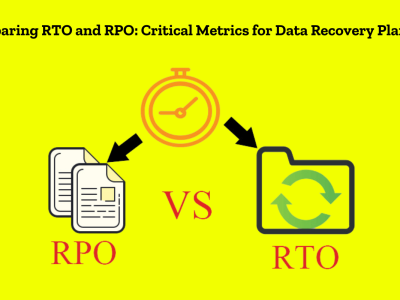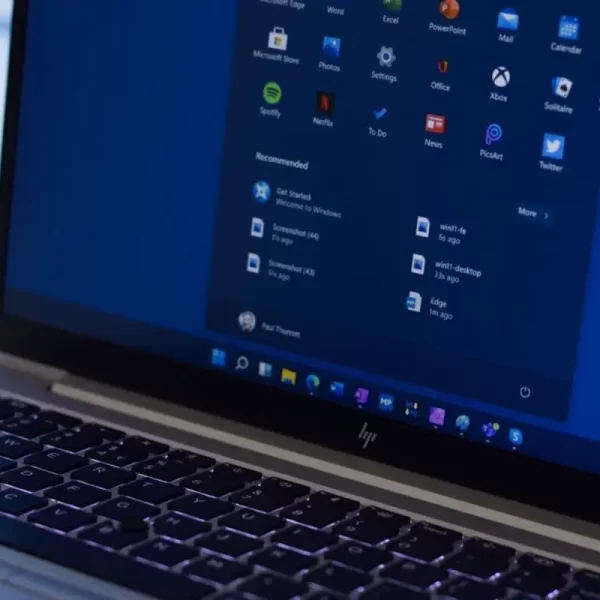The operating system is one of the essential aspects that you have to decide on when looking for a hosting plan. The OS is the environment where all your applications operate, so it determines, which applications you’ll be able to use and how they will work. When we are talking about hosting we are basically dealing with two main options regarding the choice of the OS: Windows Server and Linux, which encompasses dozens of its distributions. What are the pros and cons of each system and how to choose the right one for your website – that’s what we are going to look at in today’s article.

General overview
Linux is a family of free and open-source operating systems, and each of its distributions is developed by different groups of people.
Windows is, on the contrary, a corporate and paid OS developed by the famous Microsoft and is used as the major operating system for home PCs.
As you can see, both operating systems have different backgrounds, different principles on which they are based, and different development philosophies.
The open-sourceness of Linux means that it can be freely modified by its users which creates much freedom for the developers and is the reason why Linux distributions are so numerous. It’s also distributed for free except for certain cases, like Red Hat Enterprise Linux. Linux is an operating system that is used on the majority of servers.
Although Windows is used on most home PCs, it shouldn’t bias your idea about server OS, as servers are a bit different world. Windows is a closed-source and commercial OS, that although doesn’t give you as much flexibility as Linux, has certain advantages and usage cases, where it is chosen pretty often.
Let’s have a closer look at some aspects of both OS.
Cost
As mentioned, Linux is mostly free, while Windows is not. Since your budget is probably the first thing that you must take into consideration when planning your website, it can be a decisive factor for most users. Considering that Linux is in many ways easier to maintain, usually, users choose Windows Server with a solid intention of taking advantage of Windows-specific features.
Opting for Windows rather than Linux will add about $4,5 to the monthly price tag of any server, which will make a proportionally significant difference if we talk about cheap VPS which cost about 5 dollars without the OS.
For this reason, Windows is more often offered on more expensive hosting plans, like more advanced VPS plans or dedicated hosting server plans.
Software
Software is probably the most significant aspect that usually affects the choice between either Linux or Windows Server, as it determines how you are going to build your website.
Linux has a bunch of useful software it’s compatible with or better compatible with. This includes WordPress, which is easier to install and run on Linux, PHP scripting language, and MySQL database, as well as the popular and practical cPanel control panel, Apache web server, Python and Perl programming languages, and the Node.JS JavaScript environments.
Windows, in turn, offers such solutions as .NET framework for developing applications, ASP.NET, and Microsoft’s version of SQL database, as well as some more specific solutions like C#, Microsoft Access, Microsoft SharePoint, and Remote Desktop.
Security and Management
Linux has a long story of usage throughout decades. Given its open-source nature, it has been constantly improved by hundreds of talented developers, which brought us eventually to a product that is very well-adjusted to the needs of server management. Among other things, Linux generally provides more stable performance in many cases and doesn’t need to be rebooted after an update. Also, Linux the open-source nature of Linux makes it harder to hack and create malware for it.
Windows is however also not without benefits. Given that the OS is run by a big corporation, you’ll always have enough documentation and professional technical support at your disposal.
For the sake of convenience, Windows comes with a handy graphic interface that will make the life of users that are new to hosting significantly easier. However, it’s worth mentioning that using a server and using a PC are two different things, so more experienced server administrators usually prefer using the command line over the GUI, with some Windows Server users even uninstalling the graphic part of the interface for the matter of saving server resources.
Also, when it comes to hardware drivers, Microsoft is a bit more prompt than Linux on releasing them as a new piece of hardware comes out since the Microsoft corporation is a centralized institution.
Conclusion
Overall, Linux is a simpler and more affordable solution that has a wider range of usage cases. Windows, in turn, has more specific uses that can come in handy for various experienced users whose projects require the specificity of Windows-exclusive applications. We hope that now the pros and cons of both systems have become clear to you, thank you for reading!










